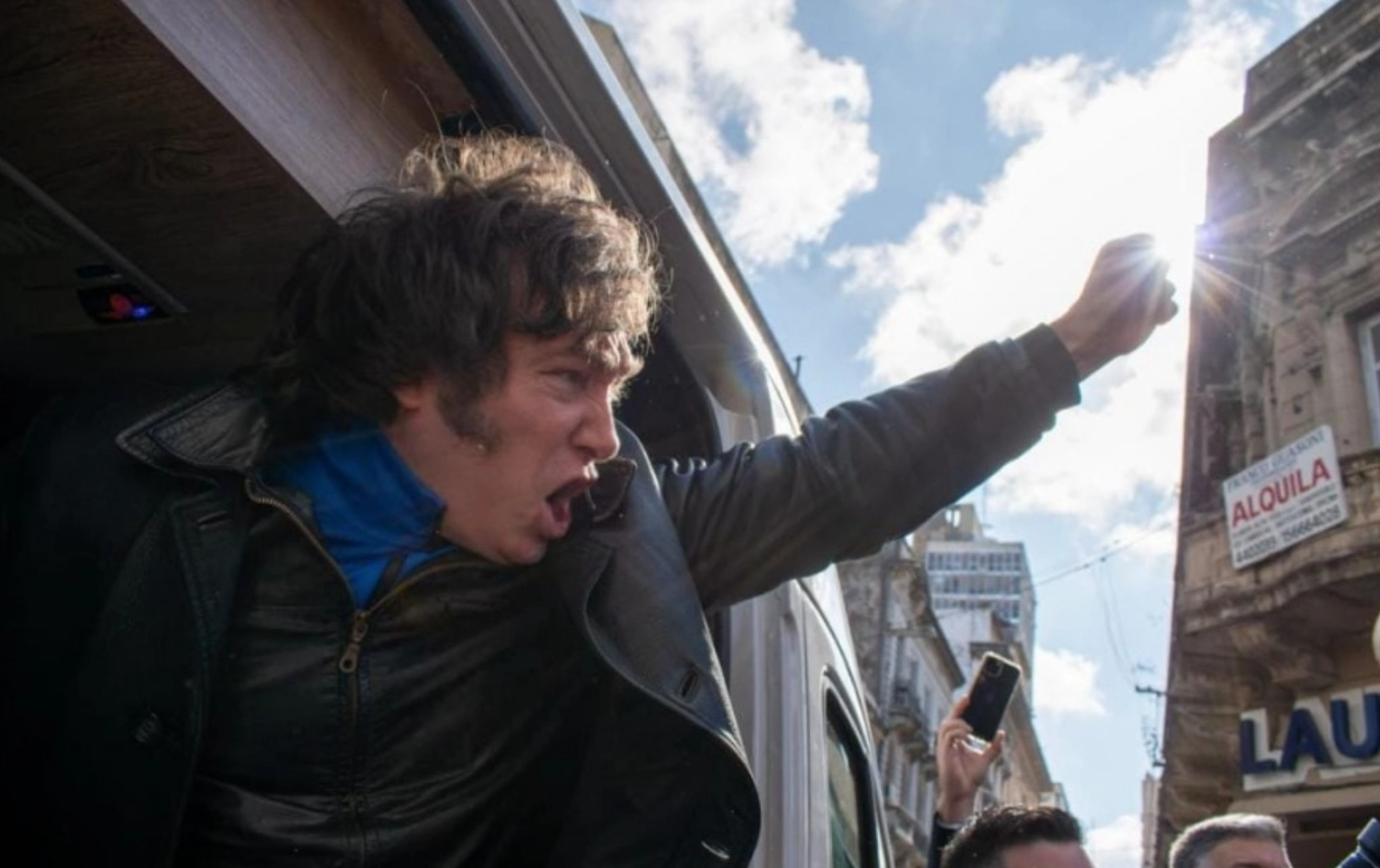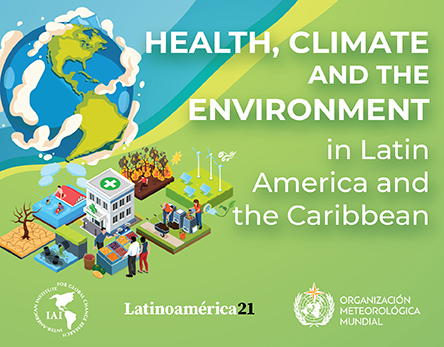Humanity faces the climate emergency, which is the most disruptive crisis of all. We must stop thinking about the problem from an intergenerational perspective. The problem is with us, and science urges us to take decisive action. But many politicians bury their heads in the sand like ostriches. Others outright deny the phenomenon. This latter type of behavior does not operate in a vacuum, nor is it confined to a group of countries. Denialism is a phenomenon that traps millions of people around the world. It is a shift to the far right that pushes the planet towards an impending catastrophe.
What explains this behavior?
Instead of thinking long-term, the complexity of the moment leads economic actors to prioritize the short term. This is exacerbated in contexts like the current one in Argentina, where the currency devaluation and hyperinflation fears push us towards a “every person for themselves” mentality. This premise not only contrasts with the idea of preserving a democratic society but also eliminates any possibility of addressing the climate emergency.
At the same time, the premise shifts towards an acceleration of extractivism: the need for foreign exchange imposes “exploit whatever is available.” The revenue implied by leaving oil underground evaporates, and there is a rush to sell the resource in the markets. This idea is behind Harold Hotelling’s celebrated model, where the rate of extraction and the resulting revenue generated by the activity are linked to the interest rate reflected in financial markets. In a context of high inflation, accelerating the extraction rate becomes a rational behavior. In a world in energy transition, with a high likelihood of assets becoming stranded, such behavior is certainly unconvincing.
However, the extraction rate is not only influenced by the interest rate but also by taxes or fees that could potentially be imposed on carbon. Here, we refer to the Pigouvian tax, which, by internalizing costs, affects the profitability of production. Although paradoxical, the oil crises of the 1970s coexisted with the emergence of greater environmental awareness, which over the years would become a demand for an energy transition plan.
The recognition of the climate crisis at the highest levels of political power, as seen in the manifesto of former US Vice President Al Gore, coincided with an era of low inflation and stable financial markets. But even when the so-called “divine coincidence” went awry in 2007, low interest rates persisted in the following decade to avoid further stagnation. This scenario occurred simultaneously with a substantial decrease in the cost of renewable equipment: technological change was sending signals.
Green awareness is also growing among some consumer groups, while laws and regulations condemning carbon use are spreading. In terms of the model, in an era of low (or zero) interest rates and greater environmental consciousness, they delay the pursuit of profit by oil companies.
However, the pandemic and later the invasion of Ukraine marked the end of the “reign” of monetary policy. In a context of strong uncertainty, the urgency of “every person for themselves” causes environmental ideas to lose relevance, while governments and companies are now seeking to secure revenue: Hotelling prevails over Pigou. Suddenly, the price of a barrel is above $100, and oil exploration projects multiply around the world. The voracity for oil is not only explained by low interest rates: geopolitics matters, but corporate interests also play a role.
It seems that everyone is observing the short term, although such an interpretation is mistaken, at least in some cases. The war accelerated the transition plan within the European Union, while the introduction of the anti-inflation law in the US marked a return of industrial policy. China’s increasing industrial dominance extends to important green sectors (wind, solar, batteries, and electric vehicles).
All of the above does not mean that, in order to maintain their businesses, some entrepreneurs, who are often financiers of the far right, embrace denialism. This is the case with the Koch brothers, whose funds support libertarians’ wallets across the Western world with the aim of dismantling any climate policy, such as the one proposed by the Republican Party in the event of reaching the White House or the amendment to the Climate Change and Energy Transition Bill presented by Vox in 2020 in the Spanish Parliament. Such stances are not unfamiliar to those of us who live in the region; it’s enough to remember the years of Bolsonaro in the Palácio do Planalto.
But now it looms in Argentina. Many voters, upon entering the voting booth, became emboldened and expressed their anger towards the “traditional” political class. Regardless of their reasons, the support for Javier Milei in the primary elections on August 13 has already altered the political agenda. The “denialist machinery” driven by the far right is backed by businessmen, media, conservative foundations, and in this case, by the oil sector.
Now we have to wait and see what happens in the presidential elections. But let’s not forget that there is no more dangerous caste than the one that attacks democracy and the planet’s future.
Autor
Associate Researcher at the Center for the Study of State and Society - CEDES (Buenos Aires). Author of "Latin America Global Insertion, Energy Transition, and Sustainable Development", Cambridge University Press, 2020.












